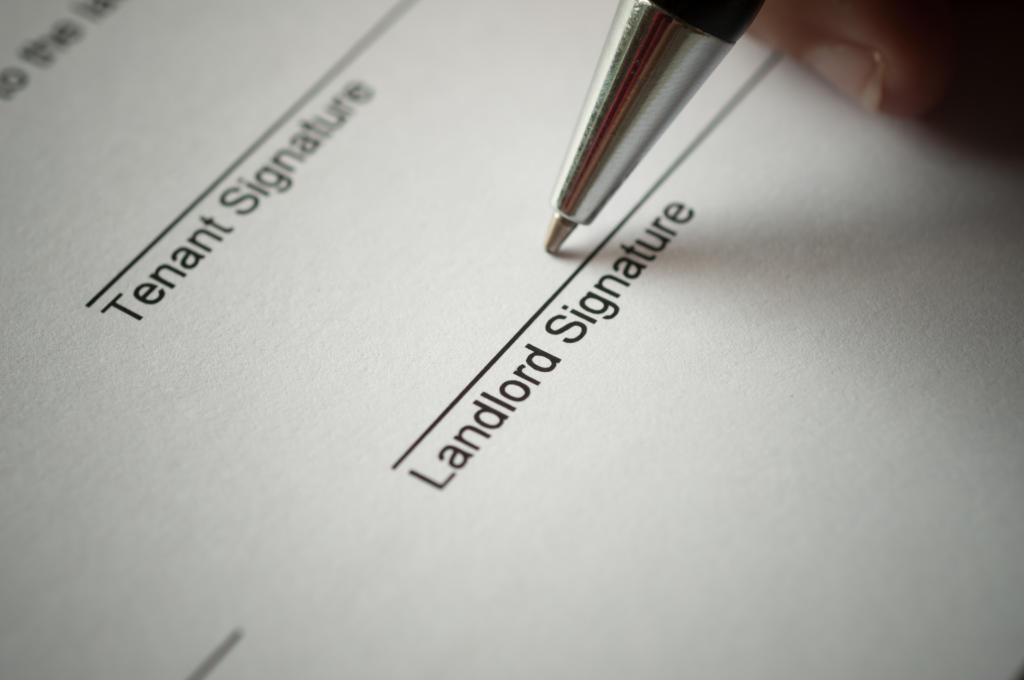
The advice given in this article is correct as of 27th March 2020. The situation with Coronavirus is developing rapidly, so please do check our COVID-19 Insights Hub for the latest updates.
The changes
The Coronavirus Bill amends the procedure for landlords seeking to recover possession of certain residential tenancies from the date (expected to be Friday 27 March 2020) when it comes into force.
As of the commencement date landlords must give three months’ notice rather than the variable periods currently in force, on the following tenancies:
- Rent Act/Protected Tenancy
- Secure Tenancy
- Assured Tenancy (which includes Assured Shorthold Tenancies)
- Flexible Tenancy
- Demoted Tenancy
- Introductory Tenancy
The increase in time is noticeable for those who may have served a notice for rent arrears, which has only required two weeks’ notice, or in the case of anti-social behaviour where the notice can effectively be for no time at all.
Landlords who do issue a notice, or have issued a notice in the last few weeks/months, are unable to progress those claims during the emergency period as the court service has been instructed not to issue new claims. Those already listed for hearing have been adjourned until at least mid-June 2020. There is the ability to seek permission to continue but we expect that to be exercised sparingly, if at all, by judges.
Eviction notices are not being issued and the courts are prioritising suspension applications.
What stays the same
There is no freeze on the liability to pay rent. Landlords are advised to discuss matters with their tenants and ascertain their position, providing assistance where possible so as to minimise any difficulty, this might include ensuring tenants apply for any benefits they may now be entitled to and have the tenancy documents they need to do this, or agreeing future payment plans.
There is no ban on the serving of any notices, merely delay in being able to progress them.
There is no change to the law regarding notice being given by a tenant; this is limited only by the terms of the contract.
The Homes (Fitness for Human Habitation) Act is now in force for pre 21 March 2019 tenancies.
An EPC of at least “E” will be required for most existing tenancies as of 1 April 2020.
Electrical safety checks are required for all new lets as of 1 June 2020.
Going forward
All current lettings should be carefully reviewed, discuss matters with the tenant and ensure good record keeping. If you are going to discuss a reduction or deferral of rent payments, an agreement should be recorded in writing and signed by a guarantor, in addition to the tenant. A discussion should take place as to whether interest should accrue on any deferred payments. There should be clear provisions as to what should happen in the event that any payments pursuant to the new arrangement are not made on time. It is important that the agreement is drawn up carefully so as to avoid a situation whereby the lease terms or any guarantee are waived. The Property Litigation Team at Stephen Scown LLP is well-placed to guide you through the process.
